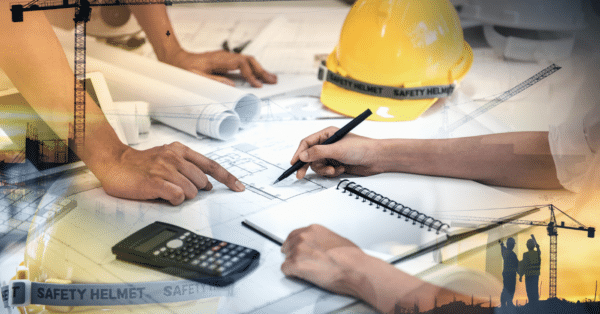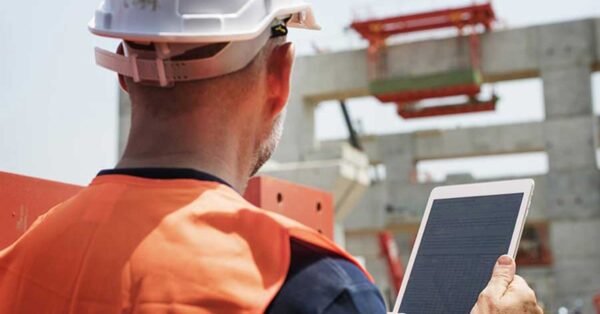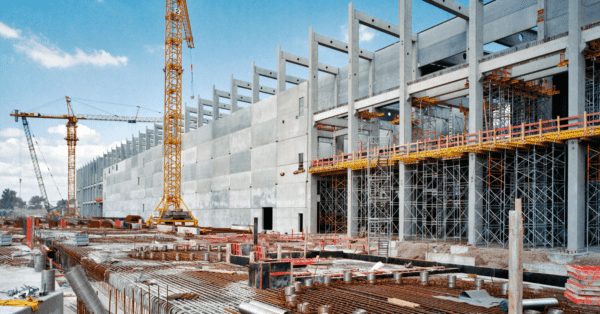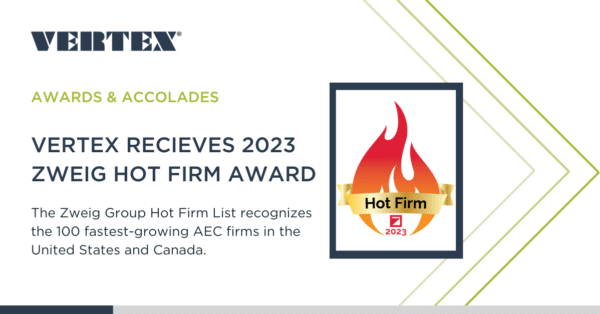As technology advances and changes the way we do things so does the need to retain an expert witness for litigation support.
Gone are the days when a simple traffic accident could be resolved by presenting facts to a jury that a defendant ran a red light, hitting and injuring a plaintiff. A defendant now looks to shift the blame or lessen the exposure by presenting alternate and/or additional theories. The vehicle manufacturer installed a braking system, where the calipers were insufficient, causing the brakes to overheat and fail. The City’s traffic light did not show yellow for a sufficient amount of time before turning red. The plaintiff’s mold growth in the inner ear was not related to the airbag going off (actual case). Each of these theories will require the retention of experts to provide opinion testimony to a jury. Experts such as an accident reconstructionist, traffic engineer, vehicle forensic engineer/mechanic, and anatomical and molecular pathologist.
Today, litigation attorneys must be able to work with not only one expert witness, but oftentimes a team of forensic experts, who each provide relevant testimony to satisfy the applicable burden of proof. In construction litigation, this is, even more, the case with the sheer amount of trade specializations in construction forensics. How attorneys and experts interact and work together is not only critical to preparing the case for trial, but it is often the determinative factor in becoming the prevailing party. Below are some key elements that can assist in making that relationship between the attorney and the expert a success.
1. Get a Budget
Ask the expert to provide a budget soon after retention, one that is detailed, reasonable, and a little generous. The main reason for this is to present the budget to the client, who can then make informed decisions on settlement value and expectations of the costs of litigation. The last thing the attorney or expert wants is to have a bill presented to a client for payment and have the client refuse to pay on the grounds that the services were not authorized or that they are unable to pay due to inadequate reserves.
2. Involve the Expert Early
Experts can provide additional insights or new alternative opinions that can not only assist in winning a case but are often the key deciding factors. By involving the expert early, the expert is able to formulate these opinions at the early stages of litigation, at which point they can help steer the strategy of the case. The attorney and client are able to save time, resources, and costs.
3. Provide Timely Information
The attorney is doing the client a disservice if documents and/or deposition transcripts are held back from the expert on the belief that the case may resolve early, thus saving the client money. By holding back the information until the day before deposition, the expert must then rush through it all and has a greater chance of missing something that may be decisive to the case. In addition, by allowing the expert to review and absorb the information over a longer period of time, the expert may think of and present additional ideas, which may assist the attorney in the case.
4. Prepare Thoroughly for Deposition
How effectively the expert performs during the deposition can affect the value and success of the case. The axiom “that an attorney should never ask a question at trial that he/she does not already know the answer” holds true for the expert deposition as well. The attorney should always know the answer to every pertinent question from their own expert. In addition, by preparing the expert for deposition, the attorney can help the expert avoid or circumvent those “trouble” areas.
5. Weigh the Costs and Qualifications
The adage that you get what you pay for often holds true with testifying experts as well. Although the cost of the expert usually coincides with the qualifications, having an expert that is articulate, can explain technical concepts well, and presents himself/herself in a likable manner is usually the one believed by the jury.
When the need for opinion testimony is a critical element in a case, knowing how to most effectively use the expert becomes a necessity. When the attorney effectively uses the expert by following these recommendations, the attorney, expert, and client all benefit, with the result being better prepared for trial and most likely a better result at trial.
To learn more about VERTEX’s Expert Witness & Dispute Resolution services or to speak with an Expert, call 888.298.5162 or submit an inquiry.
Author
Ron Whitehead
This article was originally published by Xpera Group which is now part of The Vertex Companies, LLC.







